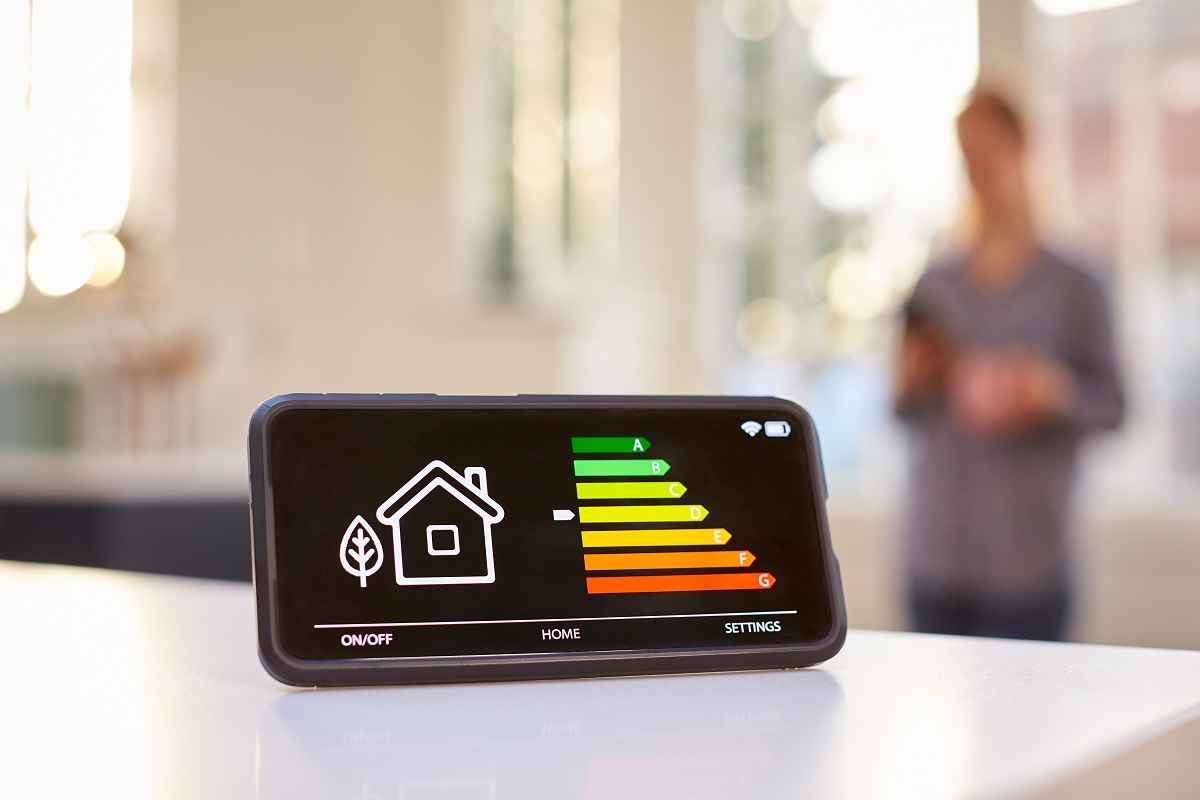What Are Energy Efficiency Measures?
Energy efficiency measures refer to practices, technologies, and strategies that aim to reduce energy consumption while maintaining or enhancing performance. These measures are designed to optimize the use of energy resources, lower energy costs, and reduce environmental impact. Energy efficiency measures can be applied in various contexts, including buildings, transportation, industrial processes, and household appliances.
Energy efficiency measures encompass a wide range of activities, from upgrading lighting systems and improving insulation to optimizing HVAC (heating, ventilation, and air conditioning) systems and adopting energy-efficient appliances. These measures are aimed at reducing energy waste and ensuring that energy is used as efficiently as possible.
An essential aspect of energy efficiency measures is energy conservation. This involves reducing energy consumption through behavior changes, such as turning off lights when not in use or setting thermostats to energy-saving temperatures. By adopting energy conservation practices, individuals and organizations can significantly reduce their energy use.
Energy efficiency measures also involve energy-efficient technologies. These technologies are designed to use less energy while providing the same or improved levels of performance. Examples include LED lighting, high-efficiency HVAC systems, and Energy Star-rated appliances. By implementing these technologies, organizations can lower energy costs and contribute to sustainability goals.
Overall, energy efficiency measures play a crucial role in promoting sustainability and reducing environmental impact. They require a combination of technical knowledge, strategic planning, and the capacity to implement changes that optimize energy use.
Why Learn About Energy Efficiency Measures Nowadays?
Learning about energy efficiency measures is more relevant than ever in today’s context of climate change and the global push toward sustainability. As governments and organizations aim to reduce carbon emissions and improve energy efficiency, the role of energy efficiency measures has become increasingly important. Here are a few reasons why learning about energy efficiency measures is valuable:
First, energy efficiency measures are essential for environmental sustainability. By reducing energy consumption, these measures help lower greenhouse gas emissions and reduce the carbon footprint. Learning about energy efficiency measures provides the skills to contribute to a more sustainable future.
Second, energy efficiency measures play a key role in cost savings. Organizations and individuals can significantly reduce energy costs by implementing energy-efficient technologies and practices. By learning about energy efficiency measures, you gain the skills to identify opportunities for cost savings and energy conservation.
Third, learning about energy efficiency measures offers a wide range of career opportunities. Professionals with skills in energy efficiency can work in various industries, including construction, engineering, building management, and sustainability consulting. The ability to design and implement energy-efficient solutions is highly valued, providing career growth and development opportunities.
Overall, learning about energy efficiency measures provides a unique opportunity to develop skills that are in high demand across various industries. It combines technical knowledge with sustainability practices, offering a rewarding career path for those interested in promoting energy efficiency and environmental sustainability.
Work in Energy Efficiency Measures
Working in energy efficiency measures involves a variety of tasks, from conducting energy audits to implementing energy-efficient technologies and promoting energy conservation practices. Energy efficiency professionals collaborate with various stakeholders, including building managers, engineers, and sustainability experts, to ensure that energy efficiency measures are effective and meet sustainability goals.
A typical day for an energy efficiency professional might include conducting energy assessments, analyzing energy usage data, and recommending energy-saving measures. They use tools like energy modeling software, building automation systems, and energy audit tools to identify energy-saving opportunities and track energy efficiency metrics. They also work to ensure that energy efficiency measures are implemented and maintained effectively.
Energy efficiency professionals often specialize in specific areas, such as building energy efficiency, industrial energy efficiency, or transportation energy efficiency. Each specialization requires unique skills and knowledge. For example, building energy efficiency specialists focus on optimizing energy use in buildings through improved insulation, lighting, and HVAC systems.
The work environment for energy efficiency measures can vary, with professionals spending time in offices, on-site at buildings or industrial facilities, and in the field conducting energy audits. This variety adds to the appeal of the career, offering a mix of technical tasks and hands-on energy management.
Career progression in energy efficiency measures can lead to roles like senior energy efficiency consultant, energy manager, or director of sustainability. With experience, energy efficiency professionals may move into leadership positions, overseeing energy efficiency programs and driving sustainability strategies. Some energy efficiency professionals also choose to work in consulting, providing energy efficiency expertise to various organizations.
Overall, working in energy efficiency measures offers a dynamic career with opportunities for growth and specialization. It combines technical expertise with sustainability practices, providing a fulfilling field for those who enjoy promoting energy efficiency and environmental sustainability.
Why Are Energy Efficiency Measures Crucial for Innovation?
Energy efficiency measures are crucial for innovation because they provide the foundation for sustainable energy practices and reduced environmental impact. These measures drive innovation by promoting the use of energy-efficient technologies and encouraging energy conservation. Here are some reasons why energy efficiency measures are key to innovation:
First, energy efficiency measures foster sustainable innovation. By reducing energy consumption, these measures contribute to sustainability goals and lower greenhouse gas emissions. This focus on sustainability drives innovation by encouraging the development of cleaner and more efficient energy solutions.
Second, energy efficiency measures are essential for cost-efficient innovation. By reducing energy costs through energy-efficient technologies, organizations can allocate more resources to innovative projects and new product development. This focus on cost efficiency fosters a culture of innovation and continuous improvement.
Third, energy efficiency measures support energy independence. By promoting energy conservation and reducing reliance on imported energy sources, these measures contribute to energy security and independence. This focus on energy independence drives innovation by encouraging organizations to explore alternative energy sources and solutions.


